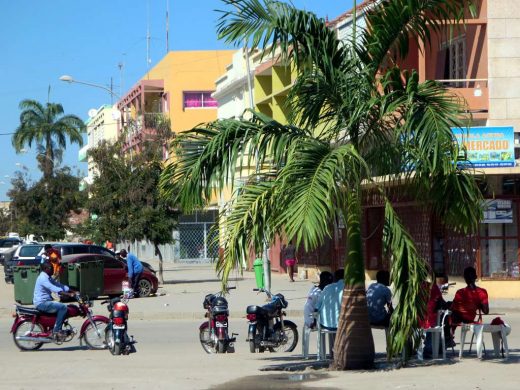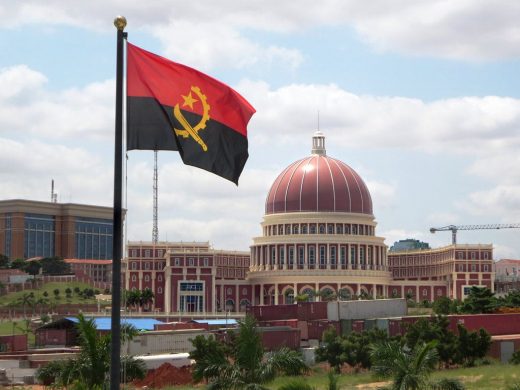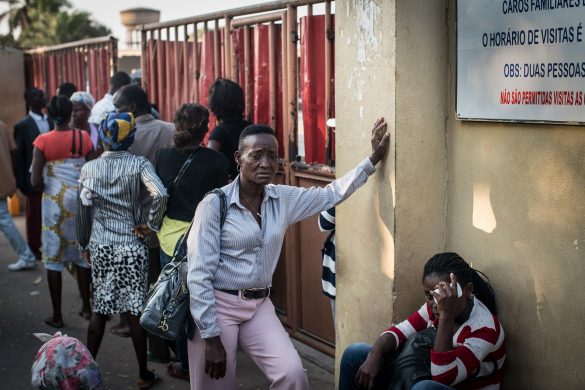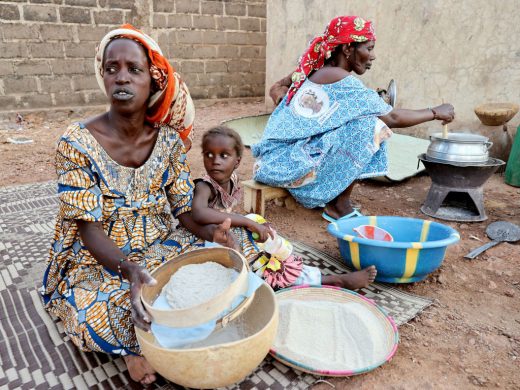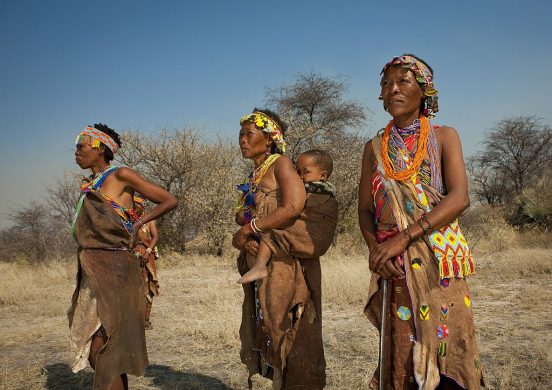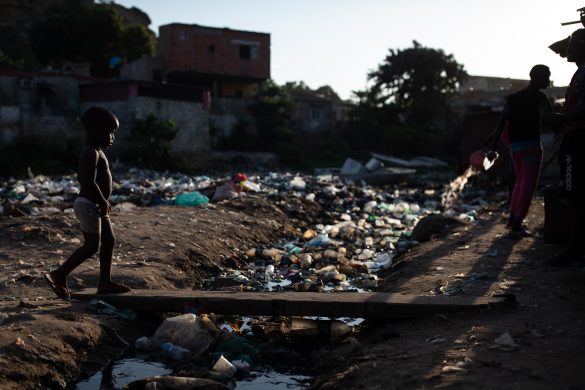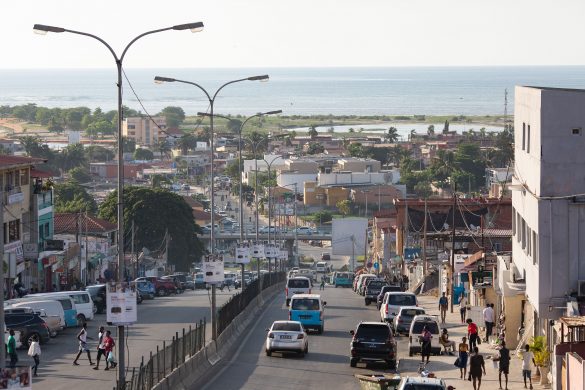26 January 2016 (IRIN) – There’s never a good time for a drought, but this is a particularly bad period for Angola as it struggles to cope with shrinking revenues as a result of the global oil price crash.
In the southern province of Cunene, 800,000 people – more than 70 percent of the population – are threatened with food shortages due to last year’s poor harvest. The drought has also affected the neigbouring provinces of Cuando Cubango and Huila, where the rural poor do not have enough in their granaries to tide them over to the next harvest in June.
“We can confirm that the level of acute malnutrition across Angola warrants a high impact emergency response,” the development agency World Vision said in a statement to IRIN.
“We gather that supplies of essential medicines are disrupted. We have observed stock outs of therapeutic foods, reduced outpatient services, and increased admissions to in-patient nutrition centres that are ill equipped to provide the required level of service,” the agency warned.
Oil-dependent Angola introduced spending cuts of around 50 percent last year as revenues fell, undermining its ability to cope with the current crisis. In 2014, oil prices were around $100 per barrel. Currently, they are at a low of about $31 per barrel, the local currency the kwanza has been devalued, and nationwide a total of more than 1.25 million Angolans are struggling with crop losses and livestock deaths.

